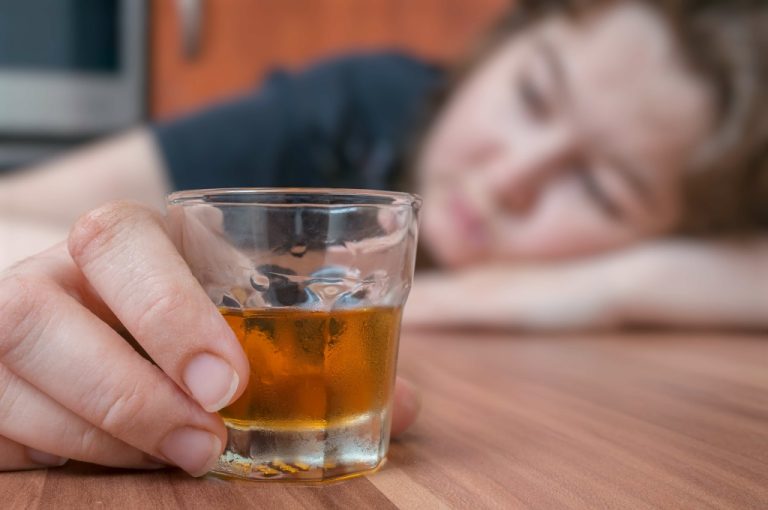Nursing Home Vs Rehabilitation Center: What Care Do You Need?
Many rehab programs offer job training and other support services to prepare you to lead a stable and fulfilling life after rehab. Rehab centers play a crucial role in facilitating recovery for individuals struggling with addiction, chronic illness, or other debilitating conditions. Habilitation, on the other hand, focuses on helping individuals develop skills and abilities they never had the opportunity to acquire in the first place. This is often relevant when working with people who have developmental disabilities, congenital conditions, or other circumstances that prevented normal skill development.
Caregiving
In the context of healthcare, the rehabilitation center meaning refers to a facility that provides specialized medical and therapeutic care to aid recovery and rehabilitation. These centers serve as a bridge between hospital treatment and independent living, offering a structured environment where patients can receive ongoing care. Yes, home health care providers can provide rehabilitation care in a patient’s current home environment. This includes medical care in addition to assistance with daily activities like cooking, cleaning, and bathing. Home rehab is often recommended for patients recently discharged from the hospital or an inpatient rehab center.
How Accurate is Health Information from Online Support Groups?
- Speech therapy, also known as speech-language pathology, focuses on improving communication and swallowing abilities in the elderly.
- One of the most commonly asked questions about senior rehabilitation is if Medicare covers it.
- As the healthcare landscape continues to change, rehabilitation centers are expected to adopt these innovations to improve patient outcomes and make recovery more efficient.
- These programs involve various types of therapies and temporary assistance with activities of daily living (ADLs) if needed.
This sense of camaraderie and mutual support can be instrumental in fostering a positive mindset and encouraging long-term recovery. Family involvement is often encouraged to strengthen the patient’s support network further. One way you can receive assistance with rehabilitation costs is through Medicaid. Medicaid will cover nursing home amphetamine addiction treatment facilities, including rehabilitation care, based on medical need and income.
How to Recognize Your Marijuana Addiction
Look for what is a rehabilitation center a facility that employs qualified professionals, such as physical therapists, occupational therapists, and speech therapists, who specialize in geriatric rehabilitation. These professionals should have experience working with elderly individuals and a deep understanding of their unique needs. Physical therapy plays a critical role in the rehabilitation process for elderly individuals. It focuses on enhancing mobility, strength, balance, and coordination through targeted exercises and interventions. Physical therapists work closely with patients to develop personalized treatment plans that address specific physical challenges and promote recovery. The primary purpose of rehabilitation centers for the elderly is to facilitate the rehabilitation and recovery process following a health-related event or medical intervention.

- Again, costs vary greatly depending on how intensive your care needs are, how long you need care, and the facility or setting you choose.
- Effective rehabilitation services can transform lives, helping individuals regain independence, rebuild relationships, and reintegrate into society with renewed hope and resilience.
- The future includes advancements in tele-rehabilitation, AI, and robotics, which will make rehabilitation more accessible and effective.
- Doctors will recommend different configurations of care depending on individual needs.
For instance, someone with a problem in their lungs might get pulmonary rehabilitation so that their breathing becomes better. MAT uses medication to help manage cravings and withdrawal, paired with therapy and counseling. SAMHSA’s guidance on medication-assisted treatment6 supports MAT as one of the most effective treatments available. She brings decades of active engagement in the field of drug policy and addiction recovery. Her current research explores the lived experiences of individuals in recovery and gendered recovery pathways across nine European countries, focusing on recovery capital and stigma’s role.
Consider factors such as your specific needs, the center’s reputation, location, and the types of programs offered. For outpatient care, Medicare does not set a strict limit on the number of therapy sessions covered. Therapists and doctors must prove that ongoing therapy is essential for recovery.
However, it won’t cover custodial care, which provides assistance with activities of daily living. To be eligible for Medicare Part A, you must be 65 years or older or have a qualifying disability. Qualifying applicants who receive disability benefits for 24 months will automatically be eligible for Part A. If you are filing based on age, you must pay premiums and also enroll in Part B. There are several misconceptions surrounding the rehabilitation center meaning.
The Role of Therapy Services in Preventing Falls in Elderly Residents
For example, physical rehabilitation may focus on restoring mobility and strength after a stroke or injury, while mental health rehab might aim to improve emotional resilience and coping skills. Inpatient, or residential rehab, involves staying at a facility where individuals receive 24-hour medical supervision and therapeutic support. This setting is often recommended for severe or long-term issues, such as significant addiction or co-occurring mental health disorders. Typically lasting from a few weeks to several months, inpatient rehab provides a structured environment away from everyday triggers.

Rehabilitation centers are at the forefront of addressing these needs, employing innovative approaches and technologies to enhance the rehabilitation process. Rehabilitation centers for the elderly have a profound impact on the lives of the individuals they serve. These centers not only provide essential services to promote physical and mental well-being but also help elderly individuals regain their independence and improve their overall quality of life. Let’s explore some of the key areas where rehabilitation centers make a difference. Before admission to a rehabilitation center, seniors undergo a comprehensive evaluation and assessment conducted by a team of healthcare professionals. This process involves gathering information about the individual’s medical history, current health condition, functional abilities, and rehabilitation goals.

These include private insurance, state-funded programs, sliding scale fees, and grants or scholarships from treatment centers. Alcohol and other drugs rehab focuses on treating substance use disorder (SUD), including both the physical and psychological aspects. It often starts with detox, followed by therapy and sometimes medication like naltrexone.